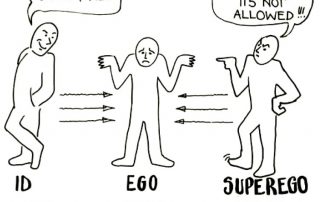Online CPD blog for counsellors and psychotherapists who want to develop their integrative, embodied, relational understanding and deepen their practice.
Preparing for ‘Embodied Intersubjectivity in the Clinic’ with Shaun Gallagher
Preparations for the Conference In a conference dedicated to conceptual clarification with the help of a philosopher, I thought we better make sure that we’ve got our terms straight, and that we all know what we’re talking about. Therefore, in the build-up to the conference, I wanted to prepare the [...]




